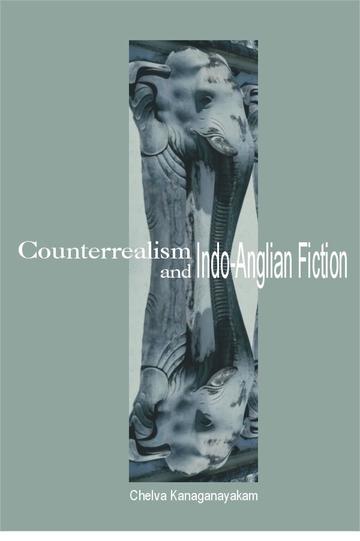What do R.K. Narayan, G.V. Desani, Anita Desai, Zulfikar Ghose, Suniti Namjoshi, and Salman Rushdie have in common?
They represent Indian writing in English over five decades. Vilified by many cultural nationalists for not writing in native languages, they nonetheless present a critique of the historical and cultural conditions that promoted and sustained writing in English. They also have in common a counterrealist aesthetic that asks its own social, political, and textual questions.
This book is about the need to look at the tradition of Indian writing in English from the perspective of counterrealism. The departure from the conventions of mimetic writing not only challenges the limits of realism but also enables Indo-Anglian authors to access formative areas of colonial experience.
Kanaganayakam analyzes the fiction of writers who work in this vibrant Indo-Anglian tradition and demonstrates patterns of continuity and change during the last five decades. Each chapter draws attention to what is distinctive about the artifice in each author while pointing to the features that connect them. The book concludes with a study of contemporary writing and its commitment to non-mimetic forms.
Chelva Kanaganayakam is currently an associate professor in the Department of English at the University of Toronto. His publications include Structures of Negation: The Writings of Zulfikar Ghose (1993); Configurations of Exile: South Asian Writers and Their World (1995) and Dark Antonyms and Paradise: The Poetry of Rienzi Crusz (1997).



